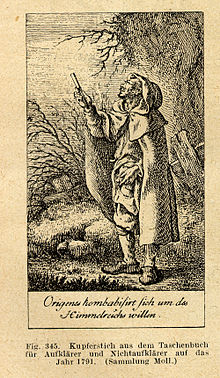
Quick Facts
Biography
Albert Moll (German: [mɔl]; 4 May 1862, Lissa – 23 September 1939, Berlin) was a German psychiatrist and, together with Iwan Bloch and Magnus Hirschfeld, the founder of modern sexology. Moll believed sexual nature involved two entirely distinct parts: sexual stimulation and sexual attraction.
Sexual theories

Moll divided the sexual response into four phases:
- The onset
- The equable voluptuous sensation
- The voluptuous acme
- The sudden diminution and cessation of the voluptuous sensation
Hypnotism
Moll was a leading researcher on subject of hypnotism.
Moll published his account of the history of hypnotism and his own experiments in Hypnotism, 1889, in preparation of which he was assisted by support from Prof. Auguste Forel and Dr. Max Dessoir.
Psychical research
Moll was strong critic of mysticism, occultism and spiritualism. Even though he studied parapsychical research he was critical of it and offered naturalistic psychological explanations for paranormal phenomena. He frequently indulged in the unmasking of mediums and séances.
His book Christian Science, Medicine, and Occultism (1902) is an early text on anomalistic psychology. In the book Moll criticized practices such as Christian Science, spiritualism and occultism and wrote they were the result of fraud and hypnotic suggestion. He argued that suggestion explained the cures of Christian Science, as well as the apparently supernatural rapport between magnetisers and their somnambulists. He wrote that fraud and hypnotism could explain mediumistic phenomena. According to (Wolffram, 2012) "[Moll] argued that the hypnotic atmosphere of the darkened séance room and the suggestive effect of the experimenters’ social and scientific prestige could be used to explain why seemingly rational people vouchsafed occult phenomena."
He was involved with a legal dispute with the spiritualist medium Maria Vollhardt who he considered to be fraudulent.

 Taurus
Taurus